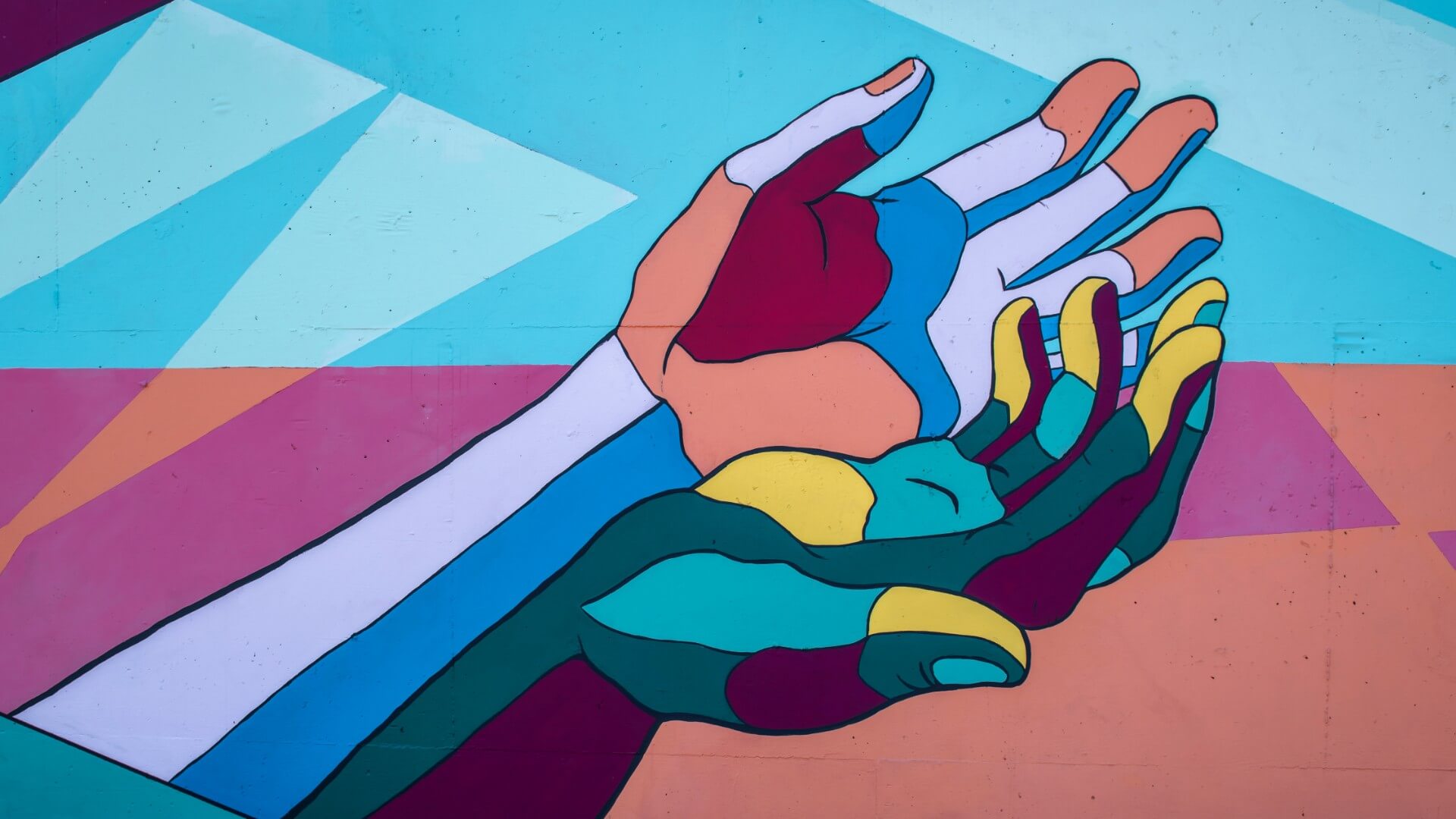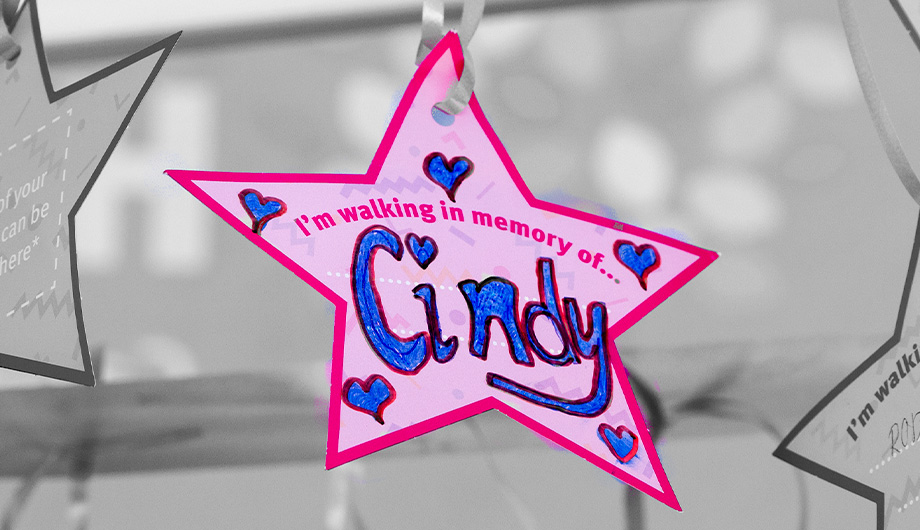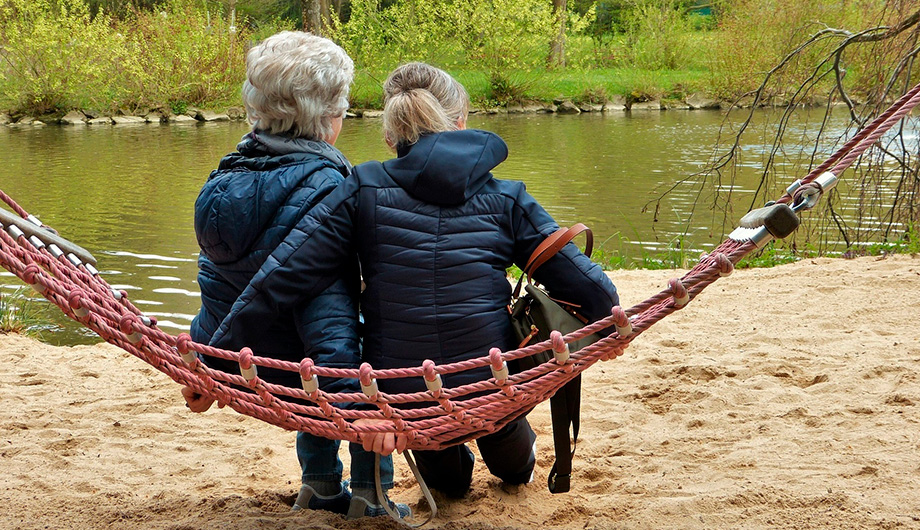The death of someone close to you can be emotionally traumatic. There may be intense emotions that are not easy to cope with. Most bereaved people come through grief with the help of family, friends and support networks and services.
There’s no right or wrong way to grieve – it is a highly individual experience. Inevitably, the grieving process takes time. Healing happens gradually – it can’t be forced or hurried and there is no “normal” timetable. Some people start to feel better in weeks or months; for others the grieving process is measured in years. Whatever your grief experience, it’s important to be patient with yourself and allow the process to unfold naturally.
Grief can make you feel like you are on an emotional roller coaster – able to cope one minute and overwhelmed the next. As time passes, the balance between good and bad days will start to shift gradually and you will start to have more good days and fewer bad.
You may not be able to think/process as you normally would. This is a natural reaction to bereavement – as are the emotions outlined below – and is not a sign that you can’t cope anymore.
Emotional aspects of grief:
Shock and disbelief. Right after a loss, it can be hard to accept what has happened. At the moment people are experiencing so much change and uncertainty and fear. You may feel numb, have trouble believing that the loss is real or even deny it has happened. You may keep expecting them to show up, even though you know they’re gone.
Sadness. Profound sadness is probably the most universally experienced symptom of grief. You may have feelings of emptiness, despair, yearning, or deep loneliness. You may also cry a lot or not at all.
Guilt. Guilt is a common reaction and can take different forms. You may feel guilty about things you did or didn’t say or do. You may feel guilty that you couldn’t protect your loved one or be with them when they died even if there was no possible way for you to have been there.
Anger. You may feel angry and resentful and this is an understandable response to feeling out of control, powerless and abandoned. Your sense of anger might replace your sadness for a while. Death can seem cruel and unfair especially if hospital resources become overwhelmed and medical staff were forced to make difficult decisions. You may feel the need to blame someone for the injustice of your loss.
Fear. These are unprecedented times and a significant loss can trigger a host of worries and fears for other loved ones and yourself. You may feel anxious, helpless, or insecure. You may even have panic attacks. The death of a loved one can trigger fears about your own mortality, of facing life without that person, or the responsibilities you now face alone.
Physical aspects of grief:
We often think of grief as a strictly emotional process, but grief often involves physical symptoms such as:
- Feeling tired and exhausted with no energy to perform simple tasks
- Unable to sleep properly
- Nausea, unsettled tummy
- Lowered immunity, may pick up bugs like colds more easily
- Aches and pains such as headaches, back pain and muscular aches
- Changes to your appetite such as loss of interest in food or eating for comfort
Given the current situation with coronavirus, most people are even more aware of little changes to their health in case they too are infected with the virus. Some of the symptoms above are “normal” symptoms of grief but they could also be symptoms of the virus and you should follow the latest Government advice if you suspect you have coronavirus symptoms.
How can I help myself?
While many people are struggling at the moment with uncertainty and fear, it is ok to ask for help. Every loss is tragic. Talking about how you are feeling to family and friends can be helpful.
- Look after your physical health.
The mind and body are connected. Try to maintain a routine and take care of yourself by eating well, exercising and getting enough rest. Be cautious using alcohol or drugs to numb the pain of grief or lift your mood artificially.
- Try to maintain your hobbies and interests.
In may be that you need to connect with people in a different way at the moment in order to maintain your hobbies and interests while staying at home. There are many online support groups and telephone support available. Please get in touch with us if you need more information about this.
- Don’t let anyone tell you how to feel and be kind to yourself.
Your grief is your own, and no one else can tell you when it’s time to “move on”. Let yourself feel whatever you feel without judgment or embarrassment. It’s okay to be angry, to cry or not to cry. It’s also okay to laugh and to find moments of joy. Be kind to yourself.
- Plan ahead for grief “triggers.”
The “firsts” are difficult. The first birthday, anniversary, milestones and moments you would have shared. Be prepared for an emotional wallop and know that it’s completely normal. Get in contact with friends/family and let them know the day is coming and you are likely to need a call on that day.
If your loved one was cared for by the Hospiscare Team, please get in touch with our Supportive Care Team.
How can I help someone else?
- Stay in touch
If you know someone has been bereaved recently try and stay in touch. If they ask you to attend a virtual remembrance service and you are able to call in, try and do that. Letting others know that you are thinking of them, albeit from a distance can make all the difference. Just being there to listen can really help. Their sense of loneliness is likely to be increased in current times and they may not be able to say goodbye to their loved one the way they would want to.
- What is available for them locally?
Many practical support groups have been set up in localities to help make sure those who are unable to go out have the essentials they need (e.g. food, medications). It might be helpful for you to get that information to support the individual who is bereaved.
If the person who died was cared for by Hospiscare, the Supportive Care Team may be able to offer further support. Call 01392 688008 for further details.




